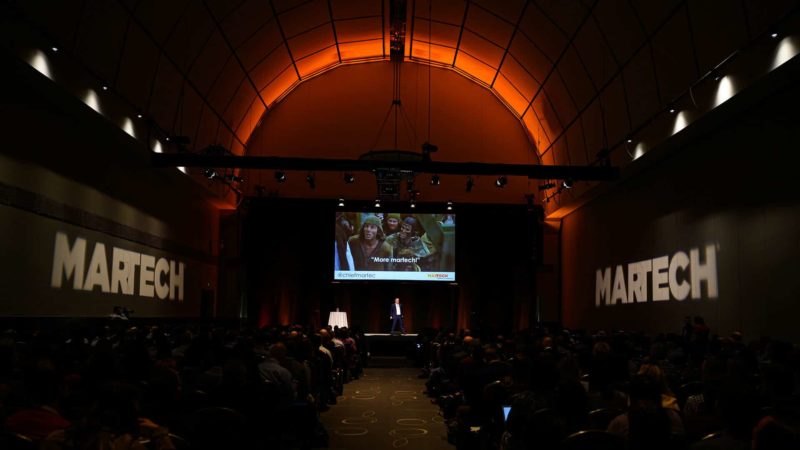Some site owners with specific needs are moving from traditional CMS systems to hybrid and headless CMSs. Marketers are embracing the customizability of these systems.
“I think there is a problem with tools like WordPress and Drupal and the kind of CMSs that are super popular becoming too bloated and too slow and too kind of just having too much code involved,” said Todd Zeigler, CEO of digital communications company Brick Factory, in his recent MarTech session.
He added, “There are two primary problems that need to be solved. One, performance; just making sure it’s as fast as possible, which I think is one of the benefits of a hybrid or a decoupled approach. And then two, the problem of data needing to be fed to different places.” Decoupled just means that the content management elements of the platform are separate from the content delivery part, unlike traditional CMSs where content management was really just the delivery platform — usual a website — seen from the back-end. Hybrid systems are similarly detached from the delivery platform, yet retain the presentation layer and templates found in traditional systems.
The technical benefits of headless and hybrid CMSs make these popular choices among tech-savvy brands. Yet their site speed and data distribution capabilities could make these great choices for traditional brands as well.
WordPress is tailored to content managers, not developers
The plugin-based structure of WordPress is well-suited for publishers, providing many ways to present content across many devices. But businesses offering app-based solutions or e-commerce functionalities benefit much more from customized headless and hybrid offerings.
Popular CMSs like WordPress come with their own themes and architecture, leaving little room for customization. Platforms like Drupal offer more flexibility, but marketers tend to find these becoming more bloated with code.
Adopting a headless framework is possible within these platforms, but implementation can be difficult. This is why many marketers find buying or building dedicated headless and hybrid CMSs to be more effective.
Possible drawbacks
Headless and hybrid CMSs have a wide range of capabilities, but they generally need more work and time to set up than their non-headless counterparts. It’s up to marketers and brands to decide which solution is most cost-effective for their organization.
“In my experience, a decoupled or headless approach is more work,” Zeigler said. “Things take longer and you can’t move as quickly and it’s a little more deliberative of a project.”
He added, “There’s a lot less flexibility. You kind of have to do or do more from scratch then you would using a CMS, and so I think that’s that’s probably the biggest downside.”
Watch the full video presentation from our MarTech conference here (free registration required).
Snapshot: Headless and hybrid content management systems
Most enterprise content management systems are built to deliver content to a desktop web browser, with WordPress being the most popular. However, much has changed since the platform’s start in 2003. People interact with content not just on desktops and laptops, but on their mobile phones, cars, TVs, and other connected devices.
Each device people use requires their unique interface and type of content to deliver the best experience. Brands may want to share content in different “wrappers,” which could include webpages, mobile apps, email, smart speaker apps, or VR apps.
Enterprises need to deliver the same content in different languages with certain cultural tweaks in each market. This, coupled with the need to present their content on many channels and platforms, has shown many web developers the limitations of PHP formats. This is why so many adopt more modern CMS technologies to improve user experience.
A headless CMS disconnects the underlying content from the manner of display, making it easier to leverage the same assets across many platforms and devices. Repurposing and reusing content in this manner improves marketers’ ROI and reduces spend on creative efforts. These systems also speed up content delivery, helping brands better meet customer expectations. Learn more here.
The post Why some marketers are moving to hybrid and headless CMS systems appeared first on MarTech.



0 Comments